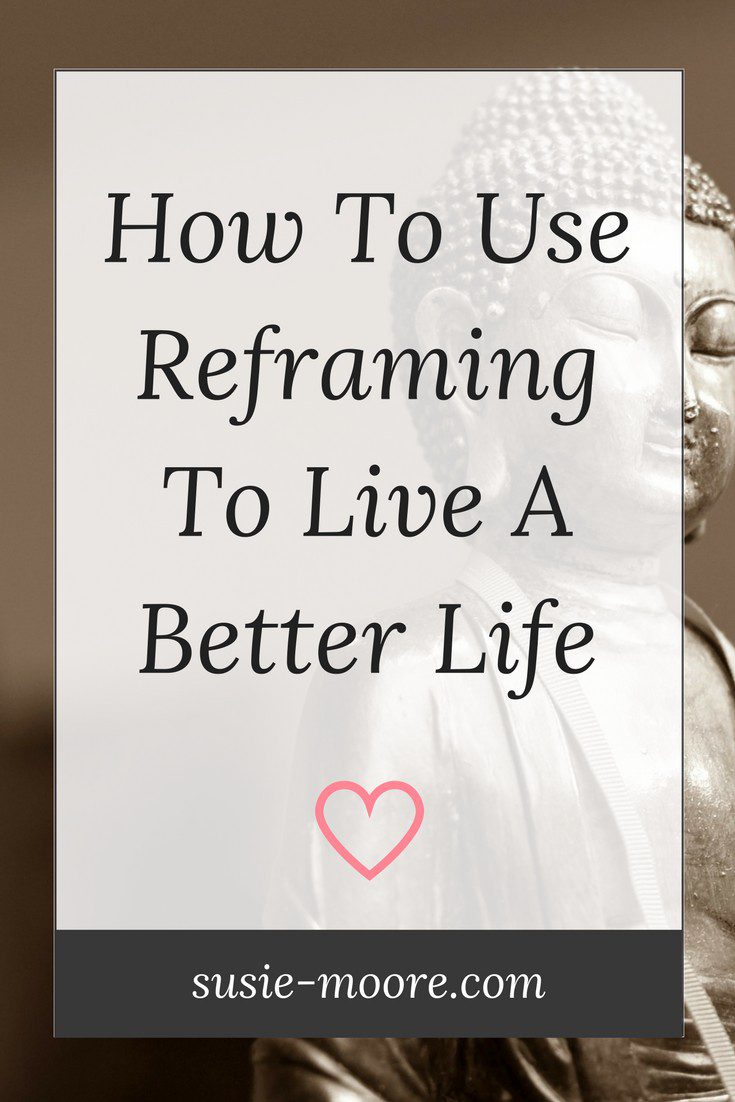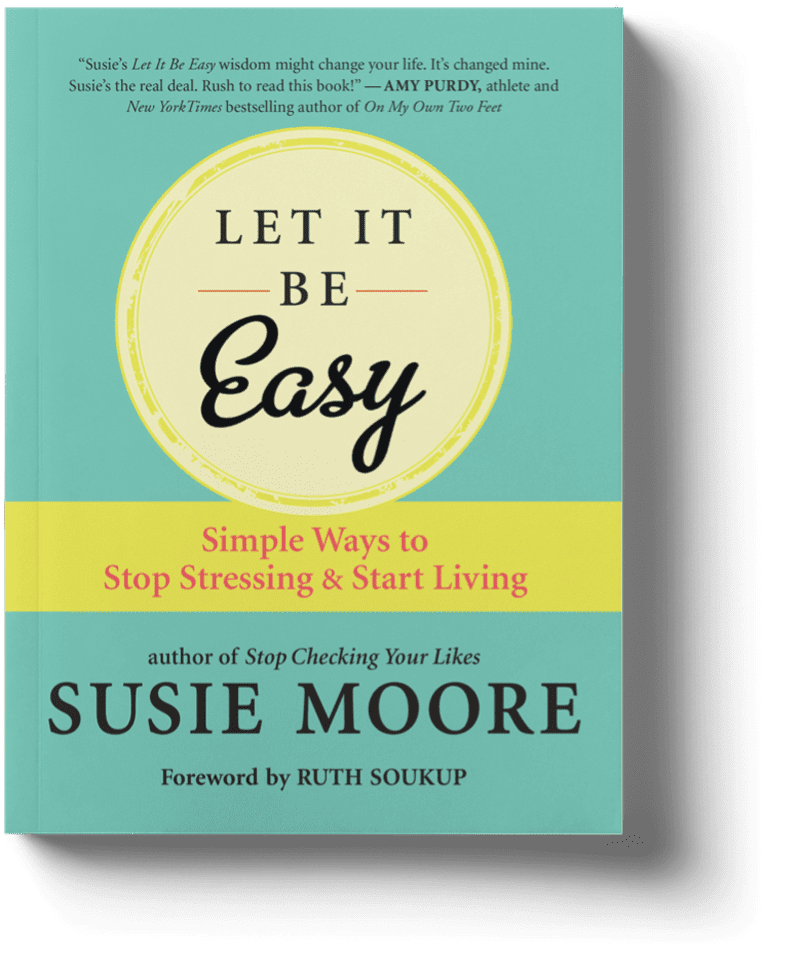As a life coach, one of the first exercises I typically do with a client is what we call cognitive reframing – starting off by focusing on what awesome stuff already exists in his or her life.
We often kick off with a gratitude list and then a different way of looking at the current struggle. The beauty of human freethinking is our greatest gift – we can choose how we feel about any circumstance at any time. New perspectives are available to us all, at any moment.
This is the magic of cognitive reframing. As it so happens, we don’t perceive reality accurately. Between what happens in our lives, how we perceiving it and draw conclusions about it, there’s a lot of room for mistakes. Mistakes that leave us feeling down, sad, insignificant and behind.
For example, a client of mine was feeling stressed with his demanding job and the high-maintenance tenants leasing his investment property. His cognitive reframing allowed him to see how fortunate he was to not only have a lucrative career but also to own real estate, especially in such an uncertain economic climate. Another was a woman who felt unsettled. She moved to a new city and had not made any friends. Her reframe allowed her to see that the reason she moved was because she found the love that she always wanted, lived in a home (not an apartment) like she always dreamed of and experienced the adventure that comes with a cross-country move.
There are many ways that our lives are richer than we realize and today I’d like to focus on wealth in the traditional sense – meaning money itself. This is because it’s always the perceived prize – the foundation for how we measure our success, our self-worth, even our happiness. I would like to tell you why you are richer than you think and why – sorry to break it to you – you will never have enough money.
The never-ending quest for more money is not akin to abundance, it’s contradictory to the true meaning of wealth. Here is why:
1. With money, there is no such thing as enough
Unlike food, entertainment, sleep or social outings — few people ever say, “That is sufficient — no more needed.” There is no ‘X’ amount of dollars in the bank that feels satisfying. In fact an overwhelmed workaholic multi-millionaire I know in San Francisco said to me once when I asked him why he works at a job he doesn’t like he answered, “you can never have enough money.” Ha! Talk about the need for some cognitive reframing!
2. Someone has more. Always
If we live a life of comparison we set ourselves up for misery. Someone else will always have a bigger house, grander wedding, fancier vacation. This never, ever ends no matter how hard you work, what you buy or what where you live.
3. If we have more, we spend more and “require” more and newer things
This is like a trap. We start out small, get a little promotion and we are thrilled. My first job paid me $28,000. I got a promotion to $35,000. I thought I was the highest roller – for a couple weeks. Over the course of my career I earned $50K, then $100K and so forth – none of which seemed enough after couple of months in my new salary bracket. Very quickly us human beings become used to each new standard of living and want more. Psychologists call this “hedonic adaptation.” We get used to our upgrades very quickly. If you own a boat and a cool car you’ll be looking achingly at a yacht and the newer version of your already sweet ride pretty soon.
4. As you earn more, the stakes are raised
Each time our income is increased, taking us from one economic bracket to another, we find ourselves at the bottom of a new rung on the ladder once again. The lifestyles of those in your social and professional circles elevate each time your income does. We never feel we have made it, as we are either new to a certain bracket or comfortably within our current one or therefore focused on the next bracket.
5. Lack is a recurring mindset
True wealth is an internal condition. The sooner we make up our minds that we have enough, no matter our circumstances, the happier we are. I love what Coco Chanel said:
There are people who have money and there are people who are rich.
– Coco Chanel
The way to recognize your true wealth is to acknowledge the special things in your life right now — particularly the things that money cannot purchase. Think of how much everything you have would mean to somebody else who dreams of it – love, friendship, health, family – the list is endless. Cognitive reframing allows you to actually see your life more clearly.
So always seek out the positives. Your emotions are just a matter of your perception. For every negative thought, there’s a positive counter thought that you can always be choosing – cognitive reframing in a nutshell. The state of your mind will reflect where you place your focus, so be conscious of your choices. Want to know more? Check out this awesome book on the subject, New Ways of Seeing.
Buddha taught that us it’s not our belongings that matter but our precious time here on earth to live our authentic truth. He said:
The problem is, you think you have time.
– Buddha
We think our time here is eternal but the fact is that we never know when it can come to an end. It’s too easy to forget to live our lives in a meaningful way — especially when we think that chasing more money is the sole answer and the goal.
Meditate on this today, “How do I want to honour and spend my real riches, my time — while it lasts?”
Let me know ways that you are richer than you realize! Please share with me 3 or more things that you are most appreciative of in your life in the comments below.








